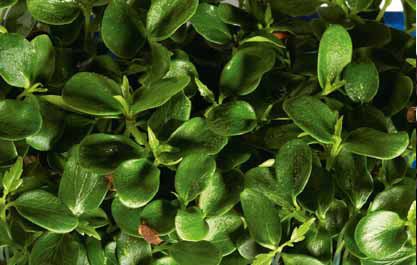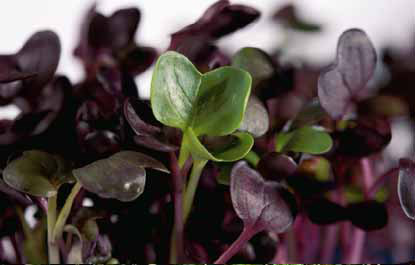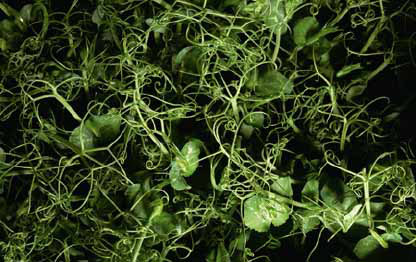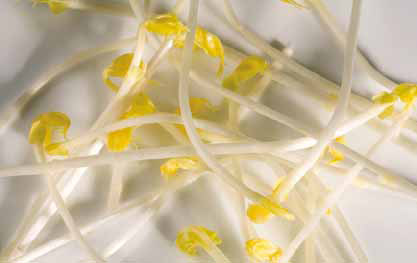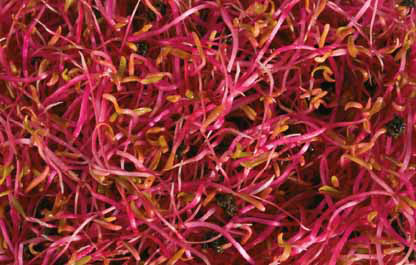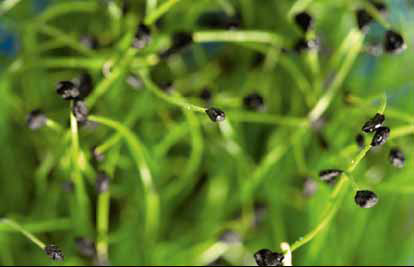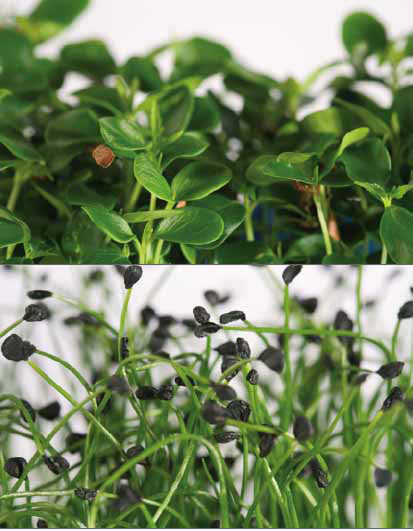
At the outset it should be noted that a sprout is any seed whose metabolism is activated when it comes into contact with heat, water and air.
It has quite rightly been said that the use of germinated seeds or sprouts in food and medicine is twice as old as the great wall of China. And that both the Chinese and the Japanese germinated soybeans, mung and barley, as animal supplements. On the other hand, in the West, a description of simple germination techniques is found in the writings of the Essenes, who lived in Israel and Egypt at the time of Christ, and, later, both Vasco da Gama and Magellan were able to make their long journeys thanks to the sprouts that protected their crew from scurvy. Similarly, Captain Cook could travel for more than three years without any member of his crew dying from scurvy due to lack of vitamin C, by daily providing them with tea made from sprouting beans. Sprouts have the enormous advantage that their seeds can be stored for years, are transported easily, are digested and assimilated very easily by the body and are really cheap and, in addition, they are foods of great biological quality.
Sprouts are one of the few foods that we eat while they are still alive, and this simple fact exponentially increases their nutritional value, which remains intact until the moment we eat them. They then help with their own digestion, allowing the body to rest and be regenerated. On the other hand, their wealth of live enzymes, chlorophyll, amino acids, minerals, vitamins and trace elements makes them whole foods that can help to correct the shortcomings of modern food. Sprouts are a concentrate of substances generating health, natural substances, that life itself develops in a much more perfect form than any complex laboratory. They are also the least contaminated foods that we can find, because for a grain to germinate, it has to be of a good enough quality to do so, as with a certain level of pollution, plants cease to be able to reproduce.
Finally, some foods, perhaps not widely known, are beginning to be used extensively, not only in restaurants but also for home cooking, as you can cultivate them and keep them at home quite easily. The most important thing is that the seeds come from plants that have been grown organically, without toxic chemicals, and thus retain their germinating power.
A wide range of seeds can be used for germination. To cite but some, alfalfa, so rich and full, refreshing green soybeans, wheat, so sweet and healthy, powerful fenugreek (typical in the Middle East), the Asian adzuki beans and lentils, very delicate. As well as chickpeas, sunflower, onion, garlic, endive, fennel, rice, radishes, mustard, or even some as curious as quinoa, clover or poppy.

